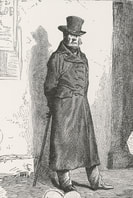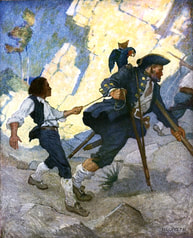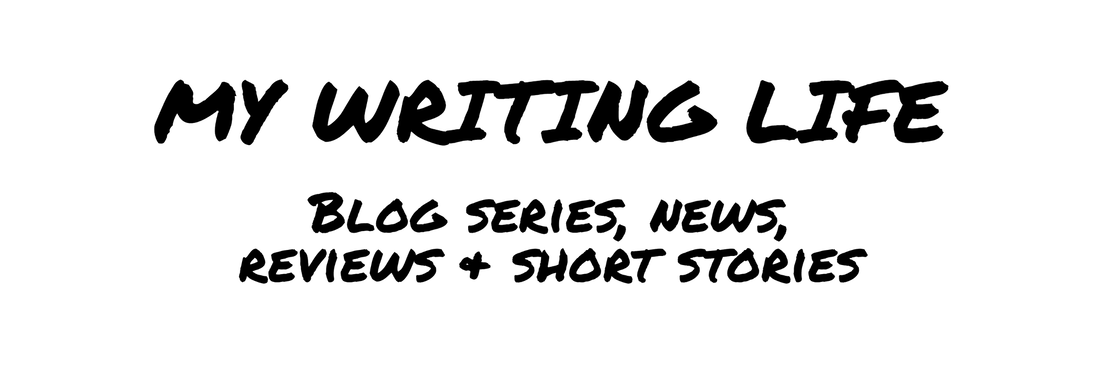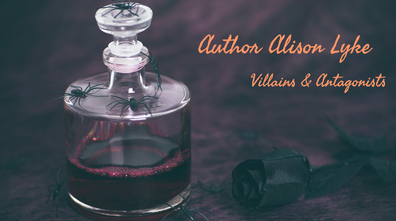|
This post is written in anticipation of my upcoming takeover of Facebook’s Fantasy and Science-Fiction Readers lounge today (5/1) from 2-4pm est. World-burning, mayhem- causing villains can be fun, but the best antagonists are the ones who are multifaceted. My favorite antagonists are the ones who have understandable motives and sympathetic plights. There are also villains you love to hate, perhaps because they get away with it, or maybe because they’re only villains to one group of people and heroes to everyone else. Great antagonists and villains live in gray areas where the readers decide right and wrong for themselves. Here are some of my favorite villains and antagonists from literature and why I love them: Javert from Les Misérables by Victor Hugo  Javert holds the reasonable belief that the law must be followed. Javert came by his hatred for rule-breaking honestly, having been born in prison to criminal parents. His rigid legalism puts him at odds with the protagonist Jean Valjean, who breaks the law out of desperation. When Javert discovers that Valjean is both a criminal and a virtuous person, he is unable to reconcile his cognitive dissonance. Javert is the epitome of a sympathetic villain. There’s not much to like about him, and pursuit of Valjean is frustrating, but it’s easy to understand his point of view. The Comedian from Watchmen by Alan MooreOn the other end of the spectrum from the overly responsible Javert is the vile, abusive Comedian (Edward Blake). The Comedian’s murder is the graphic novel’s inciting incident, and the more I read about him, the more I was tempted to say “good riddance.” But, he’s a “Captain America” flavored hero to most of the world. His public heroics are undeniable, and his horrors are hidden to everyone but those who know him best. In a story full of villains, this caustic lowlife stands out. Long John Silver from Treasure Island by Robert Louis Stevenson  Is there any villain more heinous than the betrayer? Long John Silver looks like a miscreant, with his missing leg and a squawking parrot perched on his shoulder. But, his seemingly kind nature and lowly position as the ship’s cook puts Jim the cabin boy at ease, until Silver orchestrates a mutiny and turns on Jim in a shocking display of treachery. The most villainous aspect of Silver is his capacity to be a good person, as he demonstrates with Jim before the mutiny. He doesn’t have to be malicious. Silver could be a light-hearted “gentleman of fortune;” instead, he’s a black-hearted pirate. Bartleby from “Bartleby the Scrivener” by Herman MelvilleBartleby’s catchphrase “I prefer not to” may be the most infuriating line in all of literature. The short story’s unnamed protagonist hires Bartleby as a scrivener for his law office, on the glowing recommendation from a colleague. The suggestion was a trick to get Bartleby off his hands as the scrivener “prefers not to” do any work, with no explanation for his disinclination. Bartleby is a blank slate sort of antagonist because I can see myself in his shoes. Who hasn’t “preferred not to” at some point during their career? Maybe Bartleby is burnt out, or tired of being exploited. Or, perhaps he’s never done any work and found a villainous way to shirk his way through life. Great antagonists can be so much more than mustache twirlers with a plan for world domination. They can be just as exciting and compelling as the protagonists. You may even find yourself rooting for them, you scoundrel. Who are some of your favorite antagonists?
0 Comments
Leave a Reply. |
Alison Lyke
Categories
All
Archives
November 2022
|


 RSS Feed
RSS Feed
